
Affecting anywhere between 25 million to 45 million Americans and approximately 10 million Indians per year, IBS (Irritable Bowel Syndrome) has become a real concern nowadays. It affects people mostly in their late teens to early 40s. In this article, we’ll be talking about all you need to know about IBS plus 10 natural IBS treatments out there that really work.
Contents
What is meant by Irritable Bowel Syndrome?
IBS is a mix of belly pain or discomfort and trouble with bowel habits: either passing a different kind of stool (hard, thin, or soft and liquid) or frequency less or more often than normal (constipation or diarrhea).
Why IBS is triggered?
When you know the Triggers (things that make your IBS flare up), you can make a plan to stop them. The following are the common symptoms or triggers for IBS-
• Diet Triggers for IBS Constipation- High-Protein Diets, Dairy Products (cheese), Coffee, Alcohol, Carbonated Drinks, Processed Foods such as Cookies and Chips, Cereals and Breads made with refined grains
• Diet Triggers for IBS Diarrhea- Large Meals, Fatty and Fried Foods, Caffeine, Sorbitol, Fructose, High-Fiber Foods, Lactose Intolerance Dairy Products
• Anxiety and Stress Triggers for IBS- Money Problems, Problems at Home, Work or Commute Problems or a sense that things are out of your control make IBS symptoms worse
• Drugs that can Trigger IBS- Antibiotics, medicines made with sorbitol such as cough syrup and some antidepressants can trigger diarrhea or constipation
• Menstrual Triggers for IBS- During their periods, women with IBS tend to have worse symptoms
• Other Triggers- Not enough exercise, chewing gum, eating too quickly or during work/drive
How Stress can be an issue for IBS?
Stress releases many hormones, including CRF (Corticotrophin-releasing factor) which is linked to the gut’s healthy bacteria, which in turn maintains bowel function.
Stress is known to have the following effects on IBS:
• reduces blood flow of intestine
• increases intestinal permeability
• activates immune system
• causes the immune system to become inflamed
Fact- 40-60 % of IBS Patients have a psychiatric disorder such as depression or anxiety.
Major life traumas such as loss of a family member, break up and stress can greatly affect IBS Symptoms. Symptoms can become severe for a person who has a lot of stress in their life.
Controlling the Stress-IBS Connection
• Take up stress-relieving activities such as yoga or meditation.
• Make efforts to sleep at least 7 hours – 8 hours a night.
• Consult Psychiatrist for professional help.
• Participate in an IBS Support Group.
• Try complementary medicine techniques such as massage, acupuncture, or reiki.
How Stress and Mind-Gut Connection is linked to IBS?
Central Nervous System consists of the brain and some of the nerves that control the human body sensations and motor actions. It is usually divided into 2 parts:
Sympathetic Nervous System
Activated by Stress and anxiety, this ‘Fight or Flight’ System sets off a chain reaction of hormone release that increases the heartbeat, slows or even stops digestive processes in the stomach, and pumps more blood to the muscles.
Parasympathetic Nervous System
Known as the ‘Rest and Digest’ System and controls bodily functions like digestion, urination, defecation, tear and saliva production.
Some people classify the Central Nervous System as having a 3rd Part- The Enteric Nervous System which controls the activity of the Gastrointestinal System.
Having IBS results in disturbances in the balance between the gut and brain. This results in the overactivity of your gut triggered by stress and anxiety. In some people, it causes stomach-churning and diarrhea. In others, it results in constipation, abdominal discomfort, or gas due to the brain signals being underactive and gut slowing down.
This is precisely how the Stress and Mind-Gut Connection is linked to IBS.
Top Natural IBS Treatments
1. Herbs for IBS
Several Herbs may relieve bloating, abdominal pain, and general symptoms of IBS
Peppermint Oil
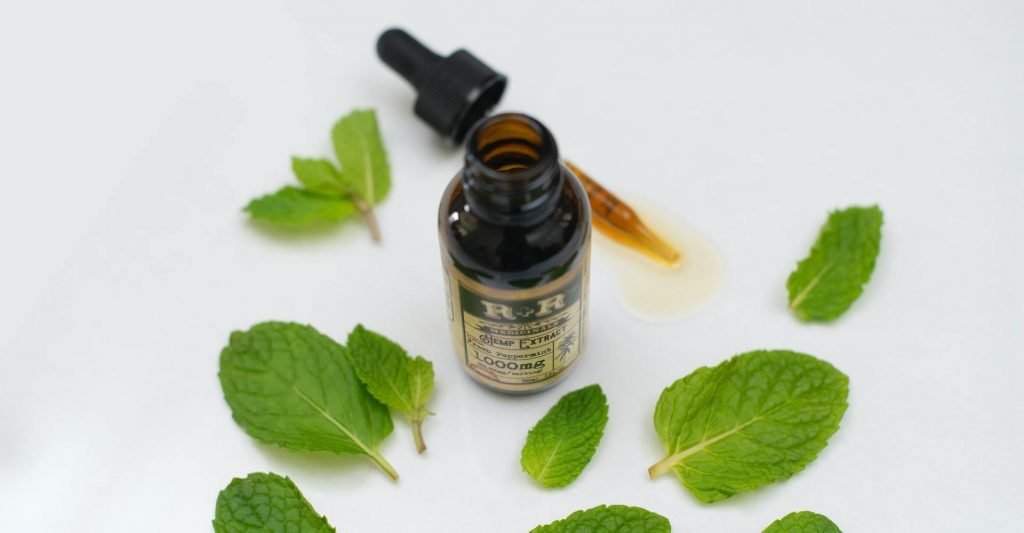
It is believed to relax the muscles of the gut to improve the passage of food.
Research/Facts: Research shows that Peppermint Oil is more effective than antispasmodic medications.
Interesting Fact: Peppermint Oil is the first herb to be approved by the ACB (American College of Gastroenterology) for the treatment of the IBS.
Ginger

It is a plant that may reduce bloating and gas. Gingerol, its active ingredient has sedative, antibacterial and antiemetic properties that may reduce pain and restore gut function. The other herb for the treatment of IBS is Aloe Vera.
• Particular Herbs for IBS Constipation are Triphala, Slippery elm, and Herbal Laxatives.
• Particular Herbs for IBS Diarrhea are Berry Leaf Teas and Chamomile.
2. Herbal Supplement – Iberogast
Iberogast is consumed in a liquid form and is actually a herbal formulation to treat IBS. It may also increase motility of the gut and stimulate bile production. It has a long history in medicine for over 50 years and was developed in Germany.
It is also known as STW-5. Its active ingredients are below:
- Milk thistle dried fruit
- Dried chamomile flower head
- Dried liquorice root
- Dried caraway fruit
- Dried balm leaf
- Bitter candytuft
- Dried angelica root
- Dried peppermint leaf
- Dried celandine
It improves digestive health through:
- The Bitter Candytuft Compound helps to increase the intestinal muscle tone
- Other Compounds prevents intestinal spasms
3. Low FODMAP Diet
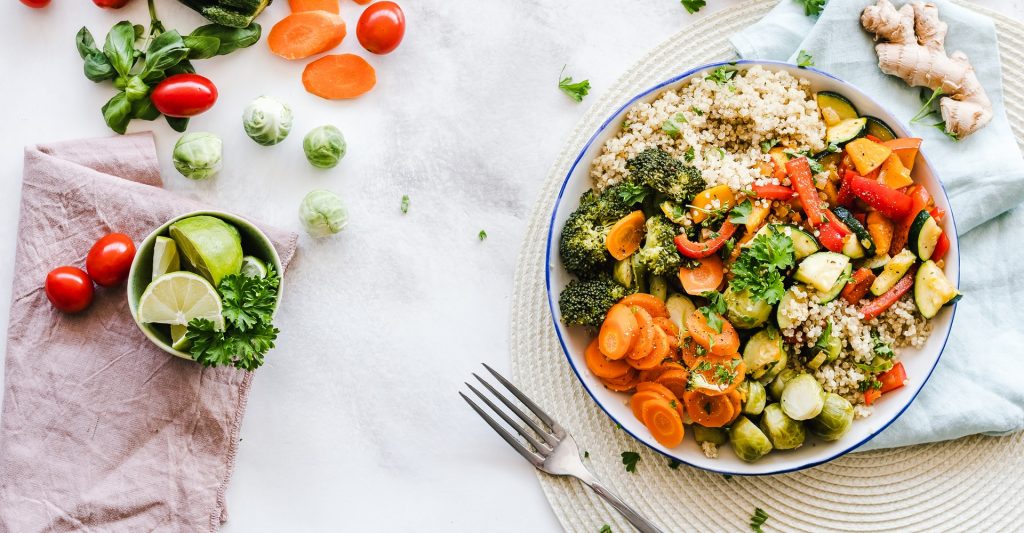
Foods that are poorly absorbed in the gut contain compounds are called FODMAPs (fermentable oligosaccharides, disaccharides, monosaccharides, and polyols). The following are the problematic foods-
- Vegetables: such as onions, garlic, broccoli, cabbage, mushrooms.
- Fruits, such as peaches, apples, pears, apricots, cherries, blackberries
- Sweeteners: honey, sorbitol, high fructose corn syrup
- Dairy products: milk, yogurt, ice-cream, cheeses
- Wheat: bread, cereals, pasta, crackers
Research- A Low FODMAP Diet relieves symptoms of IBS at home.
This diet is split into 2 phases:
- Foremost, Foods rich in FODMAPs are eliminated for 2 weeks.
- One by one, foods are slowly re-introduced and those causing problems are permanently removed from the diet.
4. Eat more fiber over time
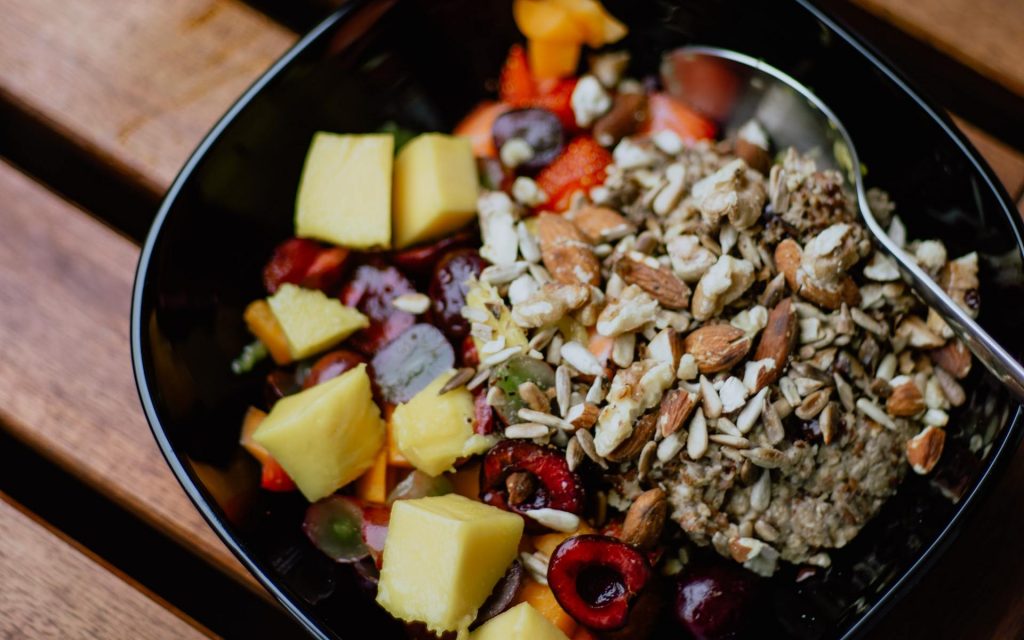
Fiber is known to improve some symptoms of IBS by ‘cleaning up’ the bowels. It can be found in vegetables, fruits, beans, whole grains and can also be taken as a supplement or vitamin such as Citrucel or Metamucil. Patients may, however, benefit initially from a low fiber diet to reduce the abdominal pain and cramping as high fiber foods are rich in FODMAPS, which ultimately contribute to some IBS symptoms.
Research/Fact- In a 2017 Study, Psyllium Powder, which is the active ingredient in Metamucil is shown to benefit all 3 subtypes of IBS.
Tip- Over a period of several weeks, slowly increase the fiber in your diet and observe the changes in symptoms.
5. Probiotics and Prebiotics
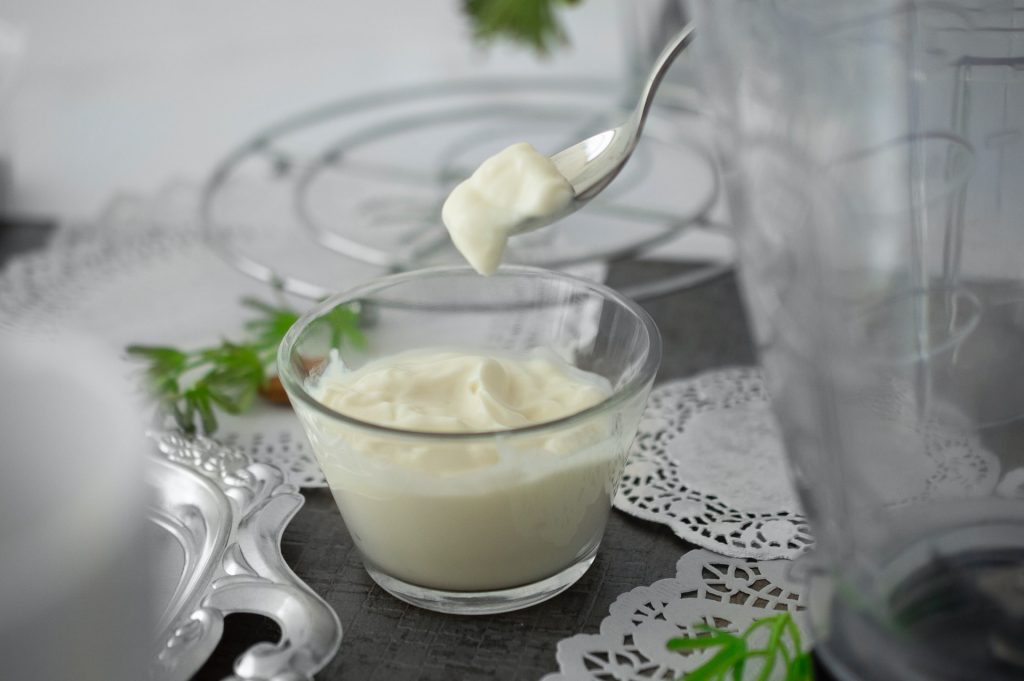
Probiotics are thought to improve digestive health and are specific strains of ‘good’ bacteria. They can be found in foods such as yogurts, kombucha, kefir, or kimchi.
Prebiotics are food for the ‘good bacteria’ residing in the gut and elevate levels of Bifid bacterium to normal. They are naturally found in many foods-
• Oats, wheat products, and whole grains
• Bananas
• Artichokes
• Asparagus
• Onions
Research
Prebiotics improve symptoms such as Flatulence and Bloating.
A combination of Probiotics and Prebiotics improves constipation, bloating and abdominal pain.
Probiotics Supplements/Vitamins that contain Bifid bacterium and Lactobacillus have been effective in improving IBS Symptoms.
6. Lower your stress levels

Managing Stress and taking the time to relax at home can really help alleviate symptoms and be a wonderful treatment for IBS. The following techniques have been found effective by research.
• Progressive Muscle Relaxation: This technique may calm the misfiring signals of the gut by focusing and relaxing on one part of the body at a time.
• Visualization/ Positive Imagery: Imagining yourself in a peaceful and tranquil place surrounded by beauty, this therapy helps guide you away from sensations in the body that worsens IBS.
• Deep Breathing: It can help calm down the nerves misfiring in IBS.
Research- A 2013 Study founded that deep breathers reported fewer IBS symptoms than those who didn’t.
7. Exercise
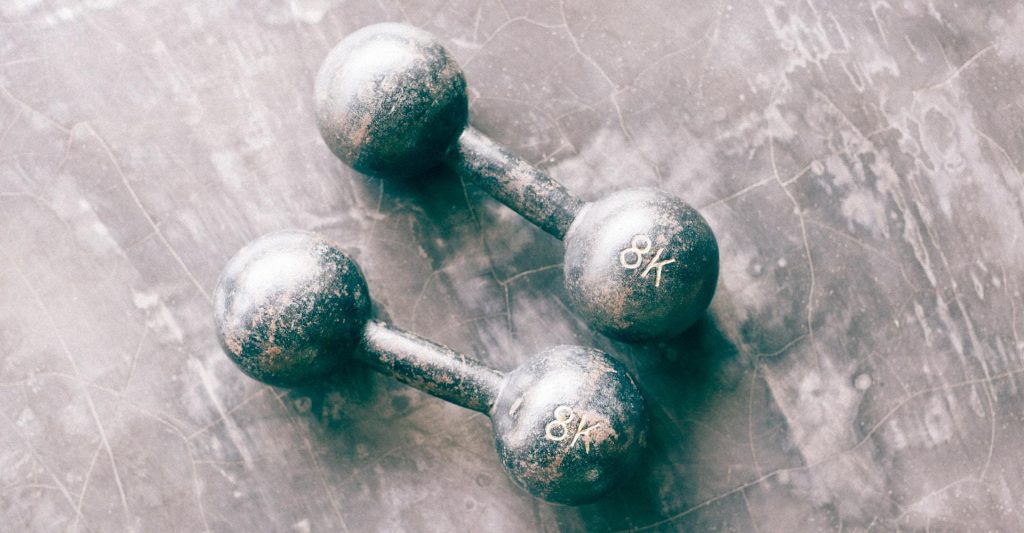
Exercise is believed to ease and improve IBS Symptoms such as abdominal pain as it involves the release of endorphins (natural painkillers).
Research:
Low-to-moderate intensity exercise can improve IBS Symptoms- A 2018 Study
Less Physically active people show more severe IBS Symptoms- Same 2018 Study
Exercise has been shown to lower rates of anxiety and depression, which are known to overlap with IBS
8. Yoga

Yoga develops a positive feeling and helps you to become more ‘in-touch’ with your senses. It can be practiced with the aid of online instructional videos at home and has been shown to relieve IBS symptoms.
• Savasana provides a temporary escape from all your stress and anxiety and helps de-stress your body, relieving IBS Symptoms
• Pranayama increases levels of sympathetic tone and helps people with diarrhea – predominant IBS
Research- Yoga helps to restore normal signs in the Central Nervous System
9. Cognitive – Behavioral Therapy

Mental Health Therapies are effective in relieving IBS Symptoms. The brain and gut talk to each other through nerve signals. Therefore, treating the mind can improve digestive symptoms.
CBT or Cognitive – Behavioral Therapy helps patients to improve and understand the relationship between actions, actions, and thoughts. This reduces false perceptions, negative feelings, and stress. Here, the patient is guided to identify negative attributes that may worsen the condition towards symptoms such as abdominal pain.
Therefore, CBT can be adapted to improve and relieve the symptoms of IBS and is available at home through online programs.
10. Hypnotherapy
Hypnotherapy, through suggestive imagery and guider relaxation, works to relax the tightness of intestinal muscles. It begins by performing a progressive muscle relaxation by closing your eyes and then, suggestive of contents of your gut flowing easily is presented. It helps to ease IBS Symptoms, enhance cognitive functions, and works to relieve anxiety and depression.
Final Words
There are many natural ways to treat the symptoms of IBS from Home. This saves the need to purchase prescription medications or over-the-counter medications.
Effective and safe home remedies include:
• Exercise
• Dietary changes
• Herbal Supplements
• Herbal Vitamins
• Relaxation Techniques
These benefit the IBS Patients’ Wellbeing by restoring the digestive system to normal function.
Final Advice- To assess symptoms of IBS, seek the advice of a gastroenterologist.
References
https://www.health.com/condition/ibs/natural-remedies-for-ibs?amp=true




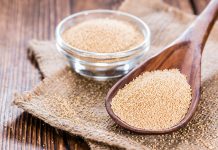



Comments are closed.